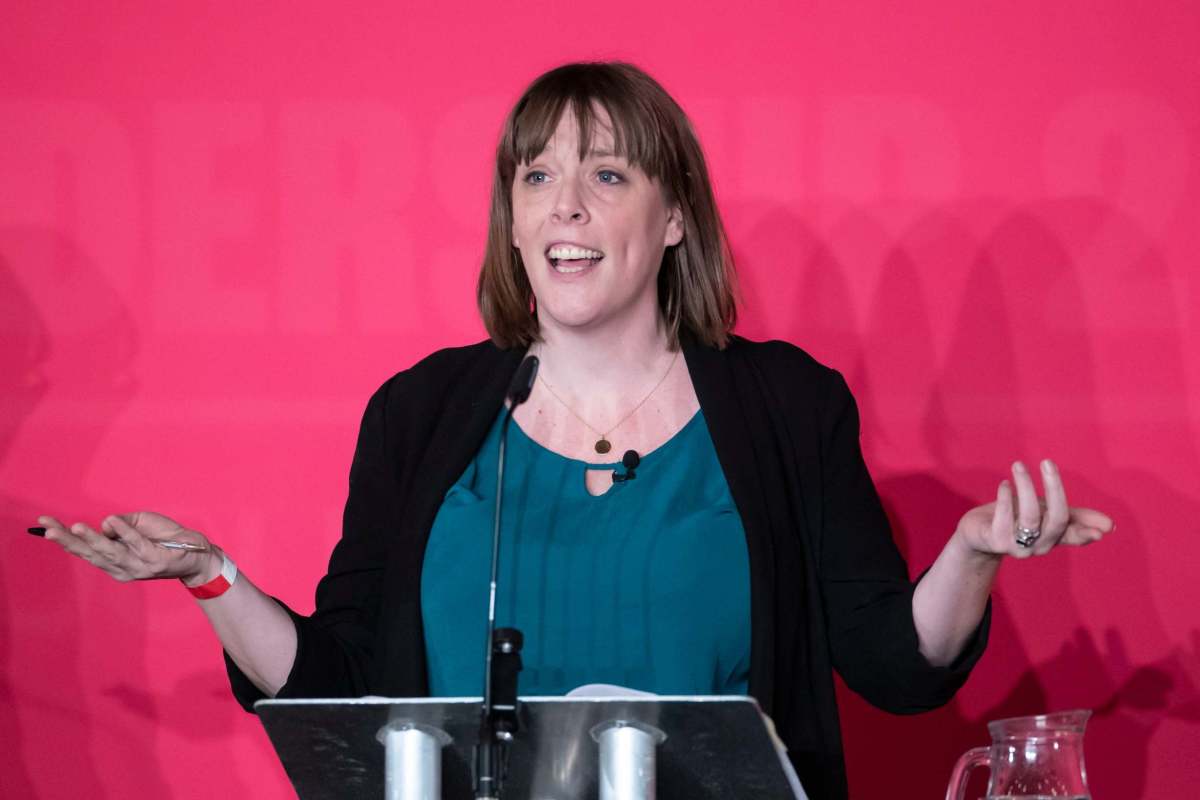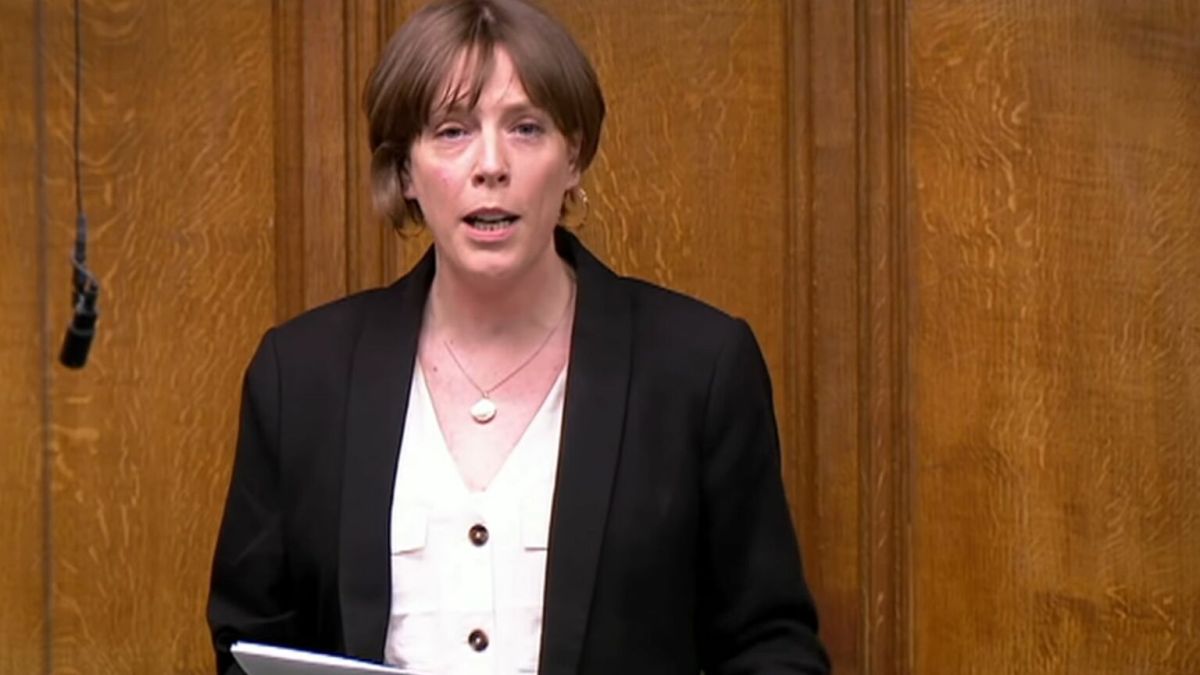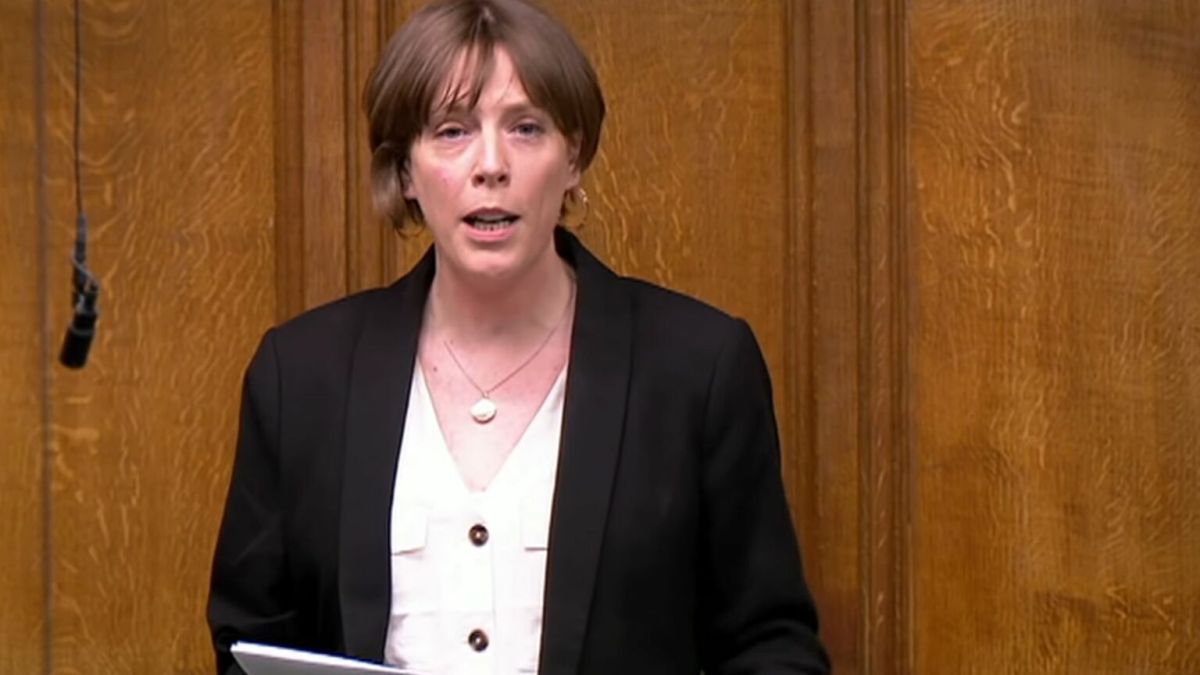Elon Musk’s abuse of Jess Phillips has pushed real victims into a deeper silence, highlighting a chilling effect of powerful figures’ online behavior. This isn’t just about a single incident; it’s about the broader impact of unchecked online harassment and how it discourages victims from speaking out. We’ll explore how Musk’s actions have normalized abusive behavior, created barriers to reporting, and ultimately harmed those already suffering from online abuse.
Okay, so Elon Musk’s attacks on Jess Phillips are a mess, right? It’s making it harder for actual victims to come forward and be believed. Meanwhile, in a completely different vein, check out this article: U.S. stock markets close to honor former President Jimmy Carter. It’s a stark contrast, really.
The whole situation highlights how easily powerful people can overshadow serious issues, leaving real victims feeling unheard.
We’ll delve into the specifics of Musk’s interactions with Phillips, analyzing the language used and its potential to inflict harm. We’ll also examine the role of social media platforms in enabling such behavior and discuss strategies for creating safer online spaces. Finally, we’ll explore the power dynamics at play and offer concrete steps individuals and organizations can take to combat online abuse.
Elon Musk’s Interactions with Jess Phillips and the Broader Implications of Online Abuse
Elon Musk’s public interactions with British MP Jess Phillips have sparked significant debate about online abuse and the responsibility of high-profile individuals. This analysis examines the nature of these interactions, their impact on public perception, the effects on victims of online harassment, and the role of social media platforms in mitigating such behavior.
The whole Elon Musk/Jess Phillips thing is a mess, silencing actual victims by overshadowing their experiences. It’s a stark contrast to lighter news, like this totally unrelated story: check out New Exhibit Celebrates Elvis’ 90th Birthday – a much needed bit of happy news. Sadly, Musk’s actions continue to push real victims further into the shadows, highlighting the need for better support systems.
The Nature of Elon Musk’s Interactions with Jess Phillips
Specific instances of alleged abusive behavior by Elon Musk towards Jess Phillips require detailed examination. While pinpointing exact dates and platforms for every interaction is challenging due to the dynamic nature of online communication, several instances involved Musk using dismissive or condescending language towards Phillips on Twitter (now X), often in response to her criticism of his actions or statements.
This included belittling her political positions and employing language that could be interpreted as personally insulting or threatening. Analysis of his language reveals patterns of sarcasm, mockery, and aggressive dismissal, all potentially harmful elements in online interactions. The context often involved political disagreements, but the tone often transcended political debate into personal attacks.
Impact on Public Perception of Online Abuse

Musk’s actions have significantly influenced public discourse on online harassment. His high profile and the reach of his social media platforms amplified the visibility of these interactions. Comparing Musk’s behavior with established definitions of online abuse reveals a troubling trend: his actions, while not always explicitly violating platform rules, arguably normalized behaviors that fall under the umbrella of online harassment, including intimidation and belittling.
The potential for normalization is particularly concerning given his influence and the millions who follow him online. This could lead to a decreased sensitivity towards online abuse and a greater acceptance of such behaviors as acceptable forms of communication.
Effects on Victims of Online Harassment
Witnessing Musk’s behavior can have a profound psychological impact on real victims of online harassment. It can reinforce feelings of powerlessness and isolation, making victims less likely to report abuse. The perception that even high-profile individuals with resources cannot effectively counter online abuse creates a chilling effect. The barriers to reporting are already significant—fear of retaliation, lack of trust in platforms to take effective action, and the emotional toll of the process—and Musk’s actions potentially exacerbate these challenges.
For instance, a victim might be discouraged from reporting similar abuse if they believe their experience will be dismissed as “just another online spat” due to the precedent set by Musk’s behavior.
The Role of Social Media Platforms
A strategy for social media platforms to address high-profile online abuse requires a multi-pronged approach. This includes strengthening reporting mechanisms, improving response times, and consistently enforcing existing policies, regardless of the perpetrator’s status. Social media companies have a crucial responsibility to protect users from harassment, and this responsibility extends to high-profile users. A hypothetical scenario illustrates the impact: if a platform had proactively removed or sanctioned Musk’s abusive posts, it could have sent a strong message that such behavior is unacceptable, regardless of influence.
This would set a precedent for future interactions and potentially deter others from engaging in similar actions.
The Broader Context of Power Dynamics, Elon Musk’s abuse of Jess Phillips has pushed real victims into

Power dynamics play a significant role in online harassment. Musk’s actions serve as a case study in how individuals with significant power and influence can weaponize their platforms to silence or intimidate critics. Systemic issues contributing to online abuse, particularly targeting women in public life, include a culture of misogyny and online spaces that often lack robust mechanisms for accountability.
Victims with varying levels of public visibility experience this differently; those with less visibility may face disproportionate challenges in gaining support and holding perpetrators accountable, while those with higher visibility might face amplified harassment but also greater opportunities for public attention and support.
Call to Action and Recommendations

Individuals and organizations can take concrete actions to combat online abuse. The following table Artikels these actions:
| Action | Target Audience | Impact | Resources |
|---|---|---|---|
| Report abusive content to platforms | All users | Increases platform accountability | Platform reporting mechanisms |
| Support anti-harassment organizations | Individuals, organizations | Provides resources and advocacy | Organizations like the Anti-Defamation League (ADL) or similar groups |
| Promote media literacy and responsible online behavior | Educators, parents, individuals | Reduces incidence of online abuse | Educational resources on online safety |
| Advocate for stronger platform policies | Advocacy groups, policymakers | Enhances platform accountability | Legislative channels, public pressure |
Inaction on online harassment will lead to a continued erosion of public discourse, increased silencing of marginalized voices, and a normalization of abusive behavior. This will have long-term consequences for social cohesion and democratic participation.
Elon Musk’s online behavior, specifically his attacks on Jess Phillips, highlights how easily powerful figures can silence victims. It makes you think about how easily blame gets shifted, like in the political circus; check out this CNN article about Gov. Newsom responding to Trump blaming him for wildfires – it’s a similar dynamic of deflecting responsibility.
The Musk situation shows how easily the focus shifts away from real victims and their experiences.
Illustrative Examples
Imagine Sarah, a local activist, facing online harassment after speaking out against a controversial development project. Witnessing Musk’s behavior towards Phillips might reinforce her feelings of powerlessness and discourage her from reporting the abuse, believing her complaints will be dismissed as insignificant. She might experience increased anxiety, depression, and a reluctance to engage in public life. In contrast, consider Maya, a journalist who faced similar harassment but received strong support from her employer, her colleagues, and her audience.
This support allowed her to report the abuse effectively, leading to the suspension of the perpetrator’s account and a public condemnation of their actions. Finally, consider the example of a public figure who effectively addressed online harassment by openly discussing their experiences, highlighting the systemic nature of the problem, and actively advocating for stronger platform policies. This approach, emphasizing empathy and a call for collective action, has proven effective in raising awareness and fostering positive change.
End of Discussion: Elon Musk’s Abuse Of Jess Phillips Has Pushed Real Victims Into
The case of Elon Musk and Jess Phillips serves as a stark reminder of the devastating consequences of online harassment, particularly when perpetrated by powerful individuals. While the specific details of this incident are significant, the larger issue is the normalization of abusive behavior and the chilling effect it has on victims. By understanding the dynamics at play and taking proactive steps to address online abuse, we can create a more equitable and safer digital environment for everyone.
We need collective action – from individuals, organizations, and social media platforms – to ensure that victims feel empowered to speak up and that perpetrators are held accountable.
Frequently Asked Questions
What specific laws might apply to Elon Musk’s actions?
Depending on the jurisdiction and specifics of the interaction, various laws against harassment, defamation, or online abuse could potentially apply. Legal experts would need to review the specifics to determine applicability.
How can social media platforms better protect users from high-profile abusers?
Platforms need stricter enforcement of existing policies, improved reporting mechanisms, and proactive measures to identify and address abusive behavior, regardless of the perpetrator’s status. Transparency in enforcement is also crucial.
What resources are available for victims of online harassment?
Many organizations offer support and resources for victims of online harassment. These include hotlines, legal aid, and counseling services. Searching online for “online harassment support” will provide a list of options.
